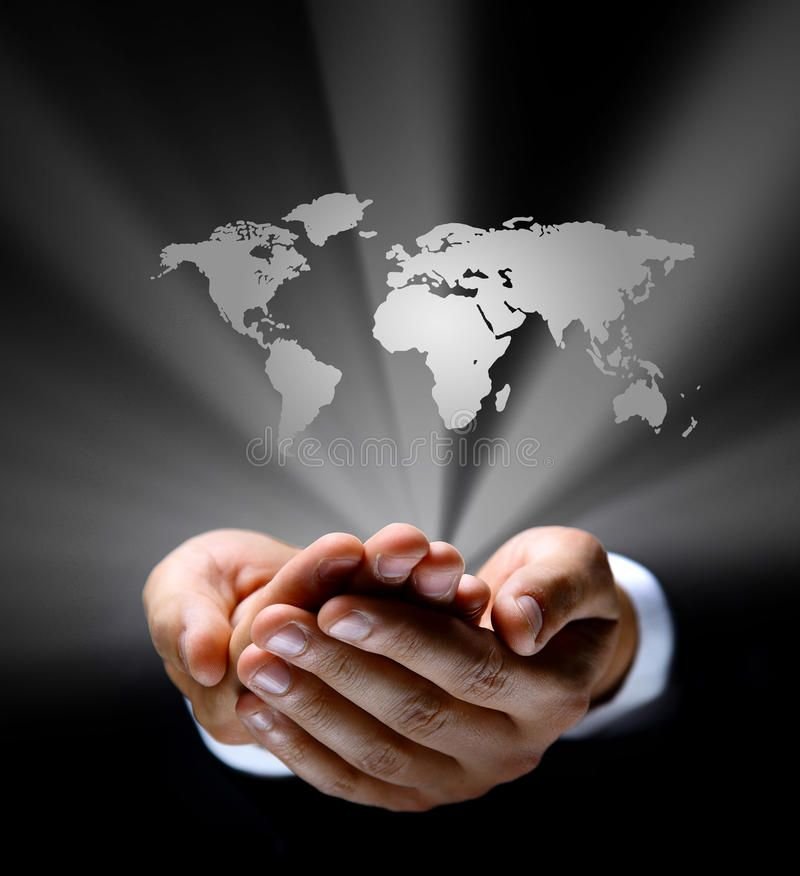For decades, Western men have wrestled with shifting definitions of masculinity. What used to be celebrated,strength, leadership, decisiveness,is often reframed today as “toxic” or outdated. But step outside the West, and you’ll quickly notice something different: masculinity not only survives but is respected, even expected.
This contrast raises an important question, Why is masculinity treated differently abroad, and what does that mean for Western men navigating global culture?
1. Masculinity in the West: From Standard to Suspect
In much of North America and Western Europe, masculinity is under heavy scrutiny. Traditional masculine traits such as ambition, competitiveness, and assertiveness are often criticized in mainstream discourse. Men are told to “tone it down,” to apologize for dominance, and to adopt softer, more neutral identities.
This isn’t to say that all critique of masculinity is invalid.Western societies had genuine issues with chauvinism and lack of emotional openness in previous generations. But in many places, the pendulum has swung so far that men struggle to express basic masculine energy without facing pushback.
2. Masculinity Abroad: Expected, Not Questioned
Travel to Latin America, Eastern Europe, Africa, or parts of Asia, and you’ll quickly realize that masculinity isn’t treated as a threat,it’s considered an asset.
- Latin America: Machismo, when balanced with respect, is tied to responsibility and family leadership. Men are expected to protect and provide, and women often respect men who embrace this role.
- Eastern Europe: Masculinity is viewed as a stabilizing force in relationships. Men who are decisive, confident, and ambitious are valued, not criticized.
- Africa: Masculine identity is often interwoven with community standing. A man’s strength and leadership are tied to his ability to guide family and tribe.
- Asia: In many cultures, masculinity is quietly linked to discipline, work ethic, and the ability to maintain harmony while leading firmly.
In these contexts, men are not told to “apologize” for being men,they are encouraged to step fully into that role.
3. Why the Divide Exists
So why is masculinity embraced abroad but problematized in the West? A few reasons stand out:
- Cultural Shifts in the West: Feminism and social justice movements, while having real achievements, also reframed masculinity as inherently suspicious.
- Family Structures: In many Western countries, declining marriage rates and fractured family structures left traditional gender roles blurred, creating tension about what masculinity “should” mean.
- Economic Stability Abroad: In countries where survival, security, and community still rely on men’s contributions, masculinity is seen as necessary, not optional.
- Media Influence: Western media often portrays strong men as villains or oppressors. In contrast, foreign media still portrays masculinity as aspirational.
4. What Western Men Discover Abroad
When Western men travel, they often describe an awakening. Suddenly, their assertiveness is not ridiculed, but welcomed. Their decisiveness is appreciated, not attacked. Women abroad often expect men to be men,to lead, protect, and provide.
This doesn’t mean every foreign culture is perfect, or that men face no challenges abroad. But many men report feeling more natural, more accepted, and less judged when they step into their masculine energy outside the Western cultural framework.
5. The Takeaway for Modern Men
Masculinity is not dead,it’s just treated differently depending on where you are. For Western men, understanding this global contrast is empowering. It shows that masculinity is not inherently toxic, but context-driven.
The key is not to abandon one’s roots but to recognize that the world values masculinity differently. Abroad, men can learn to balance strength with responsibility, leadership with humility, and confidence with respect.
For those exploring global opportunities,whether for business, relationships, or personal growth,this realization can be transformative.
Final Thought:
Masculinity is not a Western problem,it’s a Western debate. Step outside those borders, and you’ll discover that much of the world still respects, even expects, men to embody their masculine essence.













